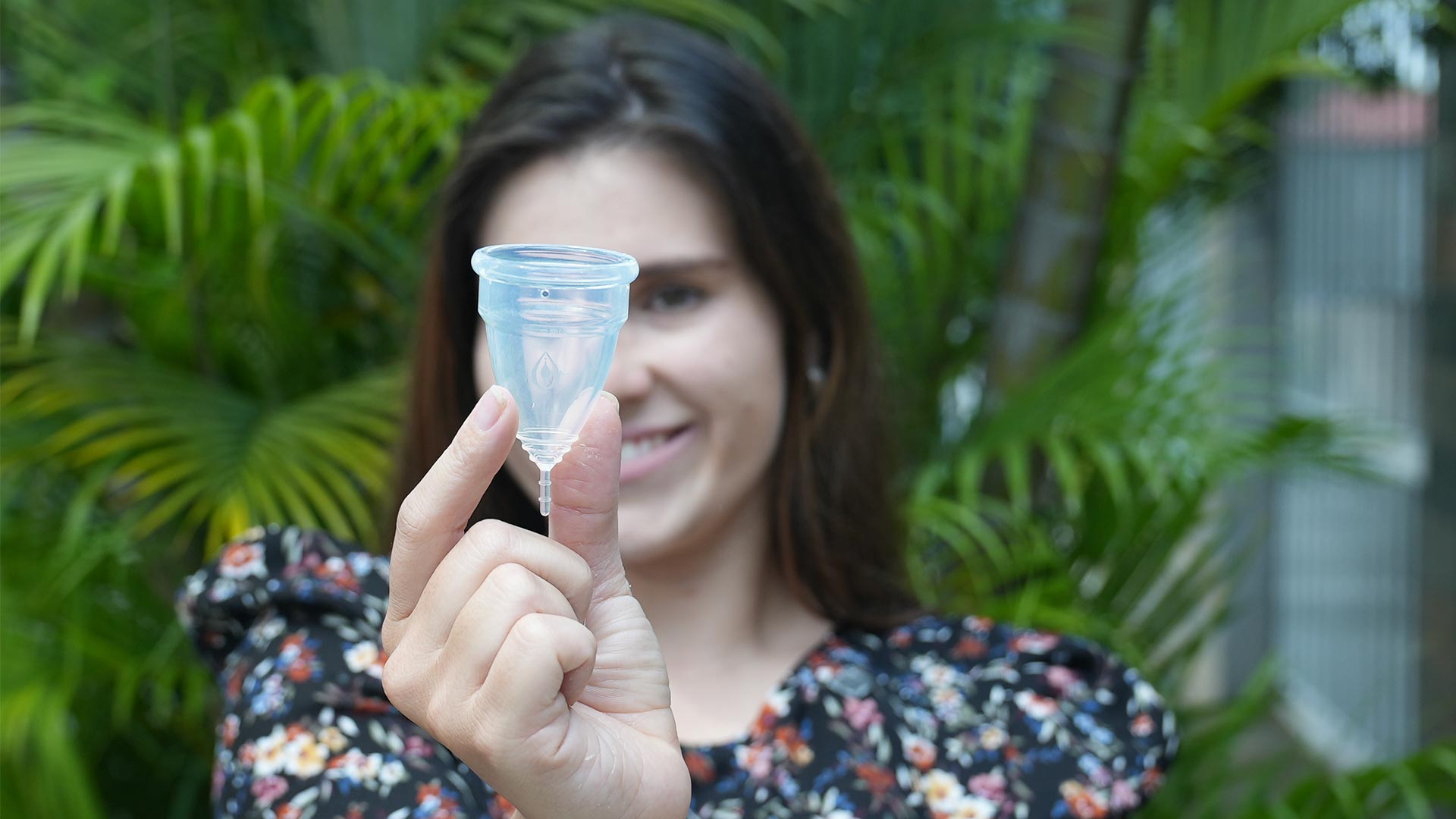
Costa Rica: the problem of menstrual-related plastic waste
In fact, menstrual protection products are highly polluting due to their disposable nature and the predominance of plastic in their composition, particularly the protective films and applicators. To add to this burden, menstrual protection products present risks to women’s health, due to the presence of harmful chemical substances.
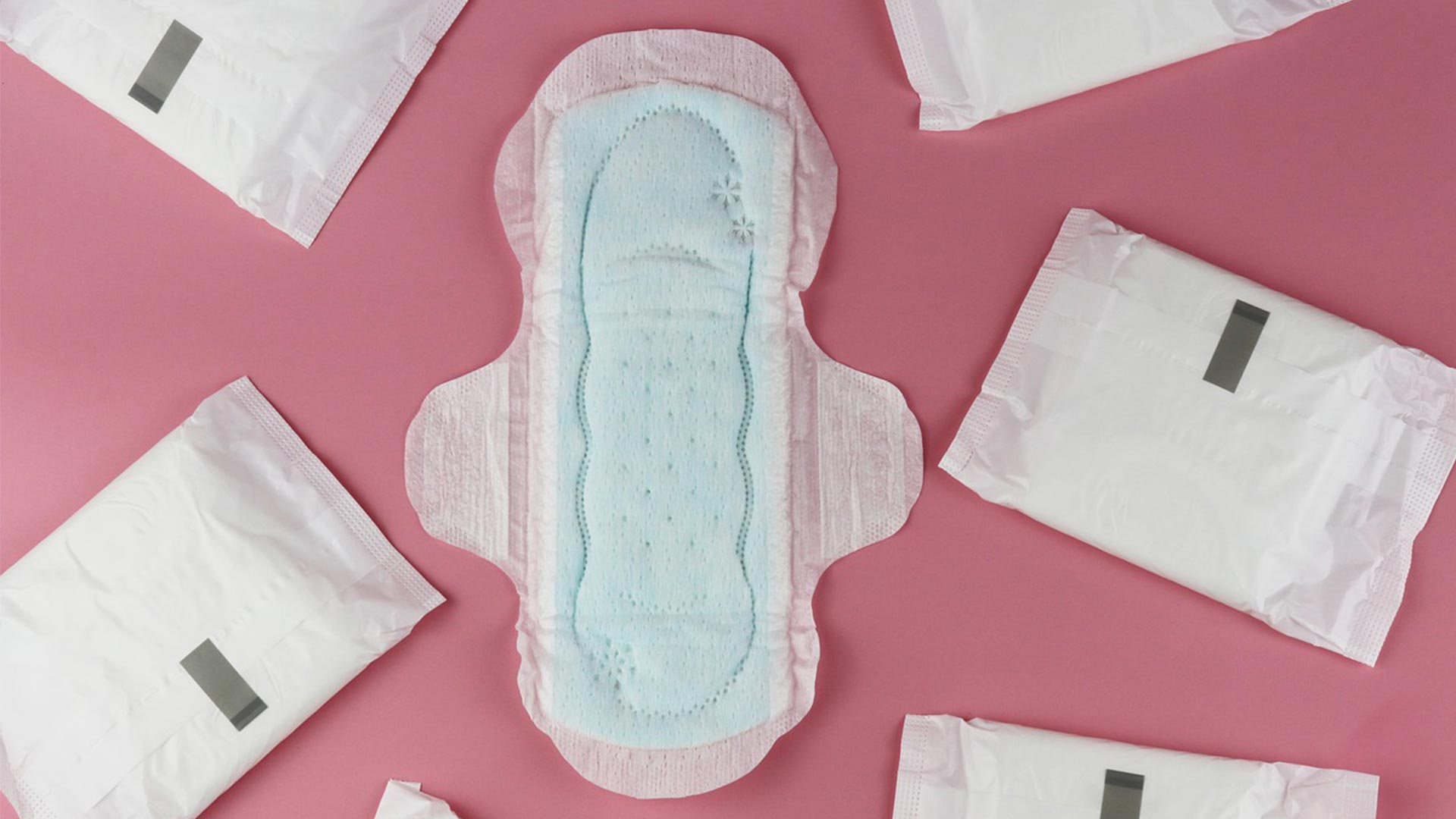
Despite technological advances in many spheres of society, feminine hygiene remains a taboo subject and is still suffering the consequences today, particularly in developing countries.
Taking advantage of our stopover in Costa Rica, we took an interest in this issue to better understand the position in this environmentally-conscious tropical country. We met Maria-Laura, co-founder of the Ciclica company, which produces sustainable alternatives to the use of single-use plastic for menstruation.
“I’m passionate about all women’s issues, because in Central America, there’s still a lot of awareness-raising to be done. In addition to producing intimate protection products for women, we do workshops in more disadvantaged communities to empower women vis-à-vis their health and to adopt healthy lifestyle habits.”
Maria-Laura testifies.

CICLICA: a pioneer in eco-friendly feminine hygiene
Ciclica is the very first Central American company to offer a product of this kind. In 2018, Maria-Laura’s business partner traveled to Germany and discovered the menstrual cup for the very first time. At the time, this product was virtually non-existent in Costa Rica. So the two friends decided to create and manufacture it in their own country, to make it more accessible and affordable for all women. They took root in a context where many taboos still existed, but they succeeded in building a culture and approach to zero waste within their female community. To discover their Instagram account, click here. Today, their national recognition has led them to extend their field of action to Central America, notably Panama, a country that is increasingly interested in this ecological alternative. To discover this world, we were lucky enough to visit the factory where menstrual cups are made.

Menstrual cup factory tour
When we arrived, we donned the large sterile garments to enter the aseptic laboratory, where every employee possesses the surgical dexterity and precision to create a product of superior quality. We were able to see the production process, from the injection of silicone into the mold, to cooling, hardening of the cut, demolding and quality control.
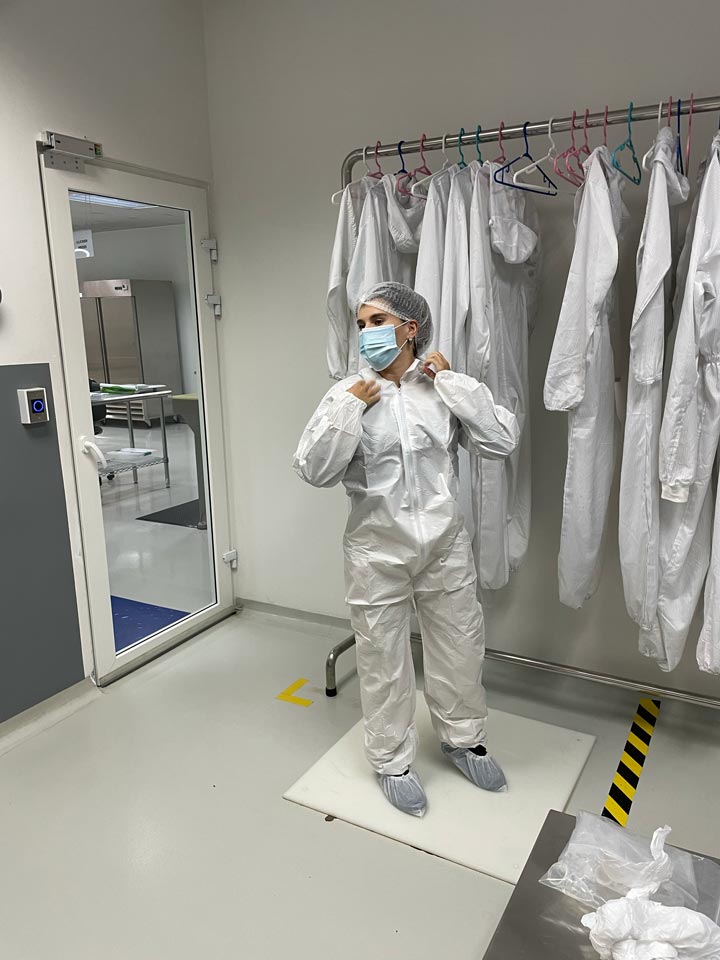
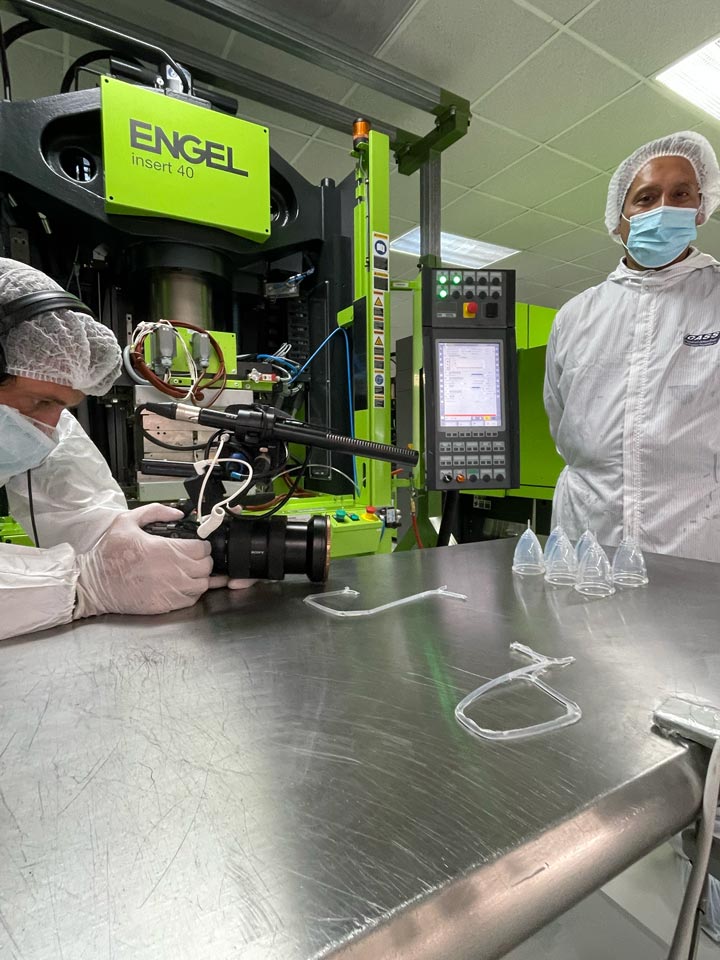
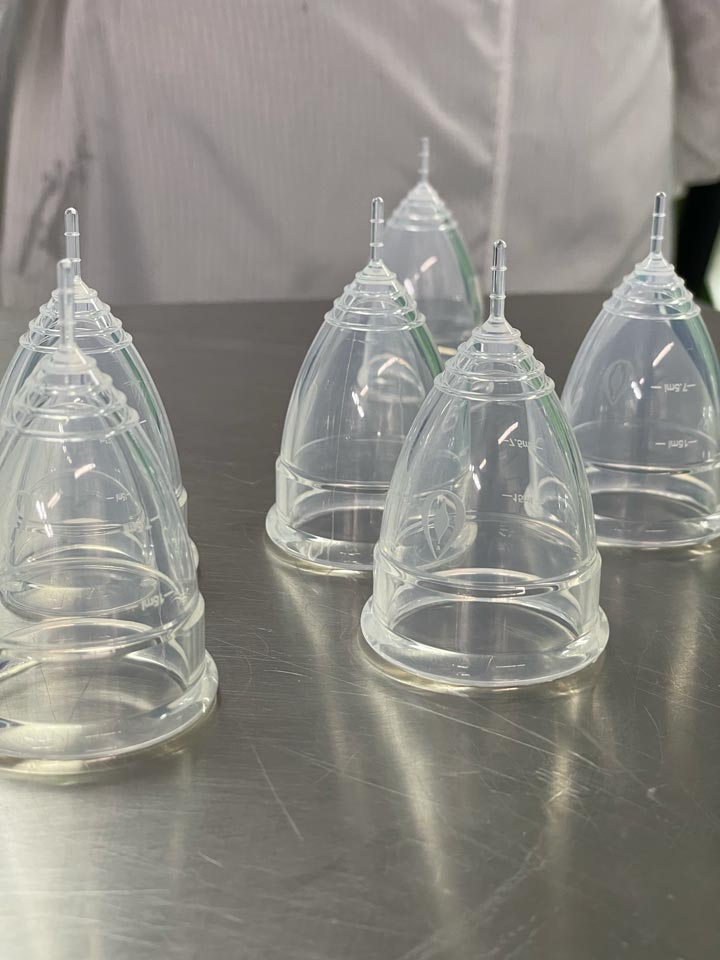
Menstrual cups are made from medical silicone, a hypoallergenic material used in the healthcare sector, particularly in surgery. Although silicone is a synthetic polymer, it does not fall into the category of hybrid plastics. Its manufacture is based on the natural silicon found in silica (sandstone and quartz). Silicon from these sources ranks as the second most abundant element on the planet, just after oxygen, according to the Royal Society of Chemistry.
Our immersion in Costa Rica enabled us to discover Maria-Laura and her company, a pioneer in Central America in the production of sustainable alternatives for menstruation. This meeting was an opportunity to discuss the solutions that exist to make the rules period more environmentally friendly.
Thanks to Ciclica products, more than 4 million pieces of sanitary waste have already been avoided since the company was founded in 2019! “We need to take action to reduce our environmental impact now, not tomorrow, if we want to be able to stay on this planet longer!” Maria-Laura, co-founder of Ciclica Costa Rica, tells us.
